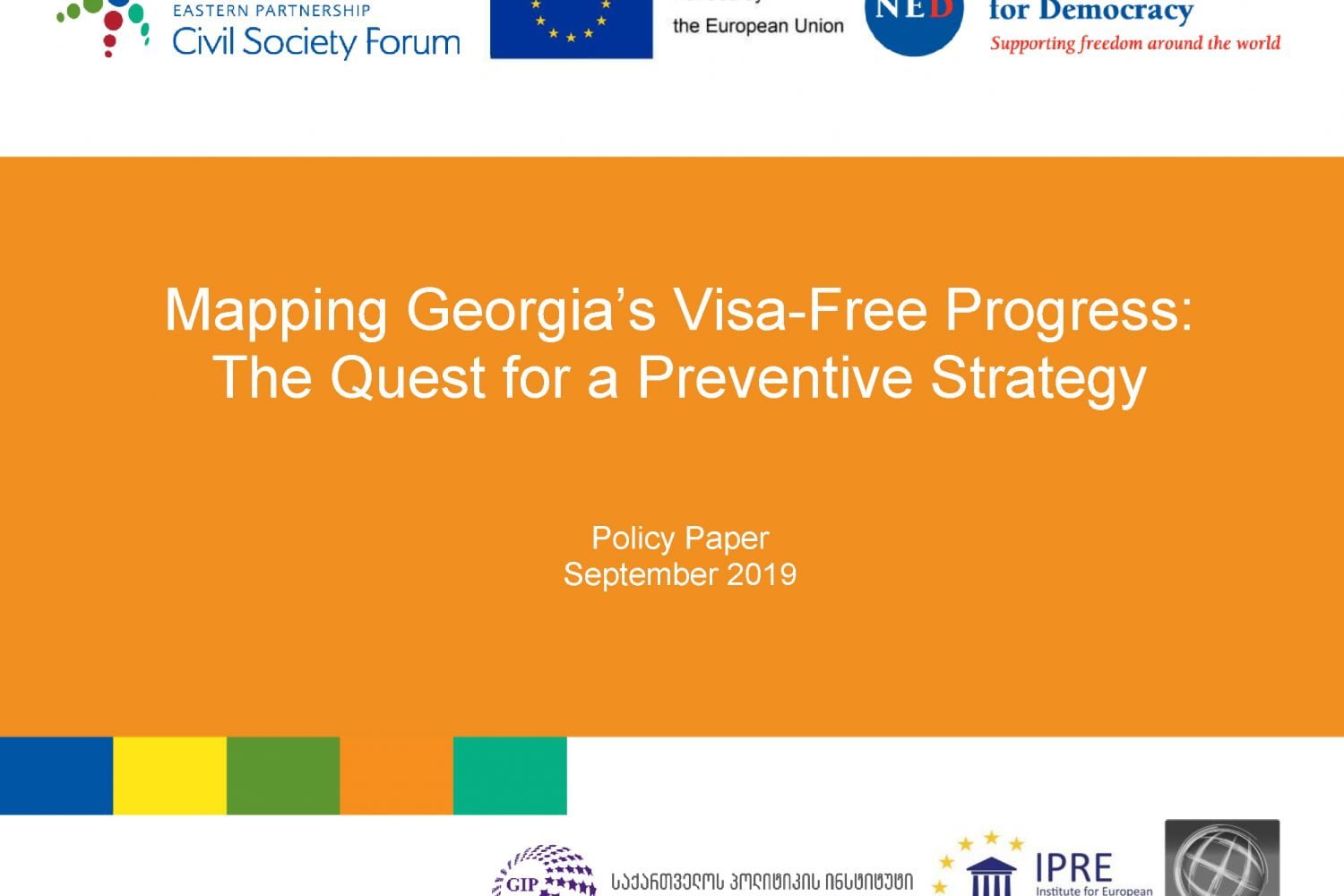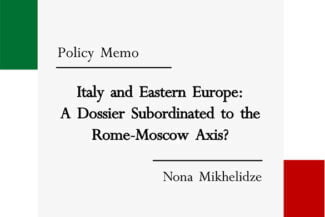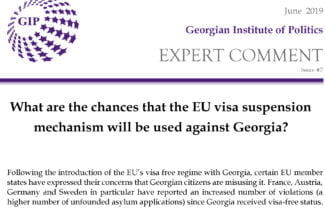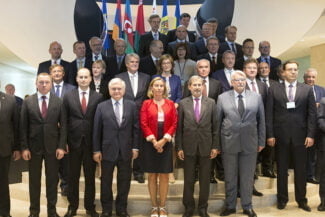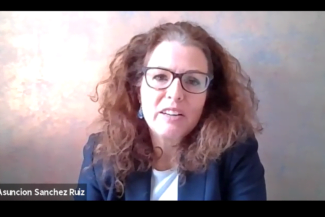18-09-2019
Tatia Dolidze*
This paper examines EU-Georgia post-visa free official discourse, facts and statistics against the negative benchmarks identified in the Visa Suspension Mechanism, which was introduced as a measure of self-defense by the European Union. The evaluation of relevant data confirms the legal basis for triggering the suspension mechanism, but the political sensitivity of the issue seems to be working in Georgia’s advantage. Still, the author argues that Georgia will not always enjoy political immunity to the substantially increased irregular migration and security risks for the EU. The European Union remains alarmed about the rising number of unfounded asylum seekers and undocumented migrants from Georgia, as well as the intensified criminal activities by Georgian organized groups. While these numbers are being misinterpreted and utilized by Europe’s pro-Russian forces to the detriment of Georgia’s European future, they are also real and rising. Therefore, the paper warns Georgia against complacency and denying the depth of the problem. The paper advises the government to be proactive in both its preventive and reactive strategies, fighting the number of violations and the propaganda at the same time. The author also places responsibility on the European Union and calls for an EU-wide reform of asylum policies and the border management system to address issues that are beyond Georgia’s control. The author compares the Visa Suspension Mechanism to the sword of Damocles hanging over Georgia’s European future until the European Travel Information and Authorization System provides relief to all sides concerned.
Reviewer and International Consultant:
- Alexandra Stiglmayer – Senior Analyst in Brussels, European Stability Initiative (ESI).
Author:
- Tatia Dolidze – Affiliated Policy Analyst, the Georgian Institute of Politics (GIP, Georgia);
The publication was produced within the framework of the project – “Facilitating Effective Visa Liberalization in Georgia, Moldova and Armenia through Experience Sharing“, implemented by the Georgian Institute of Politics (GIP, Georgia) together with the Institute for European Policies and Reforms (IPRE, Moldova) and the Analytical Center on Globalization and Regional Cooperation (ACGRC, Armenia).
This publication was produced with the financial support of the European Union. Its contents are the sole responsibility of Tatia Dolidze and do not necessarily reflect the views of the European Union.
The project benefits from support through the EaP Civil Society Forum Re-granting Scheme (FSTP) and is funded by the European Union as part of its support to civil society in the region. Within its Re-granting Scheme, the Eastern Partnership Civil Society Forum (EaP CSF) supports projects of its members that contribute to achieving the mission and objectives of the Forum.
Grants are available for CSOs from the Eastern Partnership and EU countries. Key areas of support are democracy and human rights, economic integration, environment and energy, contacts between people, social and labour policies.




